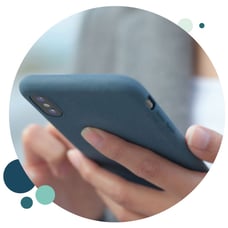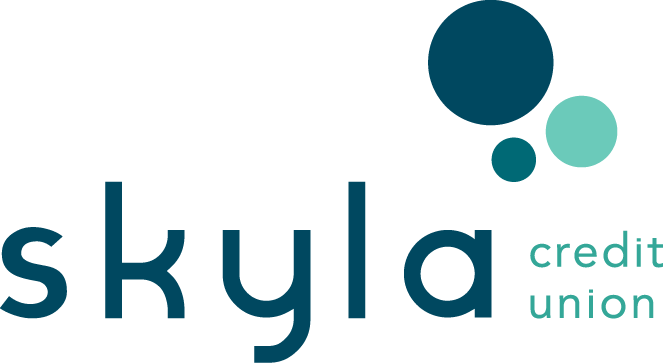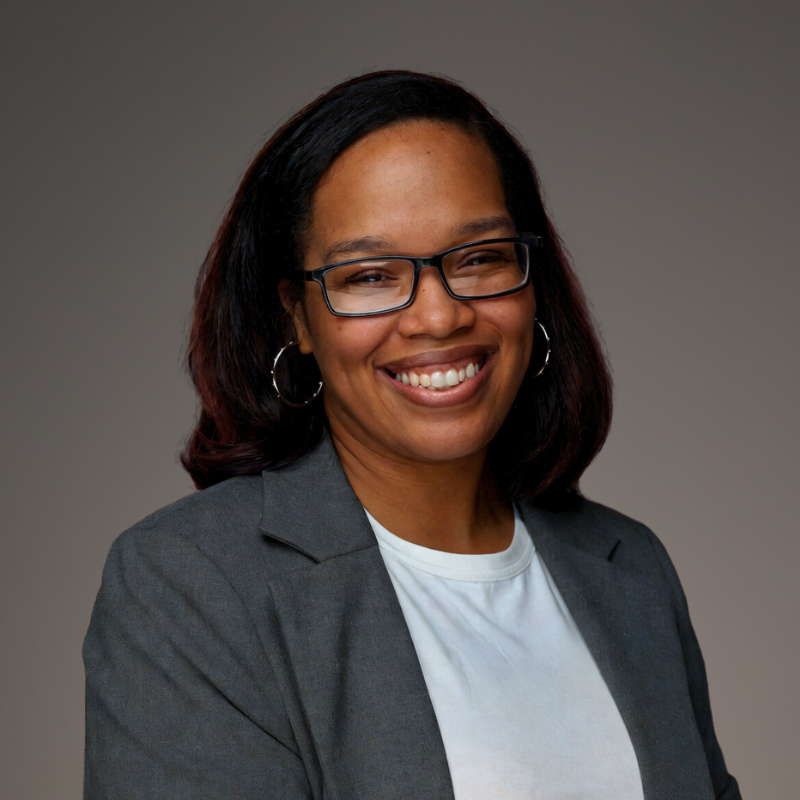Why Should You Have a Good Relationship With Your Bank?

Ever felt like your bank was plotting against you? Maybe you were hit with a fee, didn’t get the rate you were hoping for on a loan, or just felt the stereotype that financial institutions are only there to take your money and not help.
 What if I told you that having a relationship with your financial institution could actually help you reach your financial goals (and avoid some fees along the way)?
What if I told you that having a relationship with your financial institution could actually help you reach your financial goals (and avoid some fees along the way)?
Financial institutions can do more than just offer loans and deposit accounts. They can help relieve financial stress by providing guidance on establishing or building credit, suggesting loans or saving options based on your specific needs and financial goals, helping you avoid those pesky fees, and more.
From personal and professional banking experience, I'm all for finding ways to save money and build better financial opportunities! We'll take a closer look at how having a relationship with your bank can benefit you. And, if you feel the financial relationship is getting too salesy, I'll share what you can do and things to look out for if you feel uncomfortable.
QUICK TIP: If you're an entrepreneur or looking to start your own business, relationship banking can help build your business too. The why's and how's explained in this article are things you can do to help your business thrive. |
 what is a banking relationship?
what is a banking relationship?
The general idea behind relationship banking is that financial institutions understand their customers to help them with their financial needs. Instead of just selling a financial product, your financial institution gets to know your wants and needs so your experience can be better.
Long-term, the financial institution wants to be your go-to place for all your needs. Whether you need a new loan, want to open a new account, or don’t know how to reach a financial goal, they want to be there to provide expertise and guidance.
 why having a banking relationship is important?
why having a banking relationship is important?
- Financial advice: Of course, you'll get financial advice from your institution when you ask a question or need to know something, but having a banking relationship means you'll have someone at the institution you can turn to and receive financial advice. They'll know your specific needs and offer strategic guidance to help you reach your goals.
- Convenient banking services: Having a relationship with your bank makes it easier to ask account-specific questions and handle your day-to-day banking needs.
- Dodge some banking fees: Having a relationship with your bank opens lines of communication where they’ll be able to offer ways to save money or how to avoid fees (or get them waived!).
- Rate Discounts: Many financial institutions offer rate discounts, but there could be some you're not even aware of. For example, your institution could be running an auto refinance discount where you can get a lower interest rate if you refinance with them. Psst… at Skyla, members get rate discounts just for being awesome. Here’s how those rate discounts look.
QUICK TIP: This relationship and trust you're building with your financial institution can be all the difference you need when getting approved for a loan instead of getting denied. Why? Because they'll know your financial history and will be able to trust you'll repay what's borrowed since you're a loyal account holder. |
 how do I build a relationship with my bank?
how do I build a relationship with my bank?
- Communicate often: It'll be hard to help you with your financial needs if the advisor doesn't know much about you. Communicating with your institution and doing it often will help strengthen your relationship. (This can be as simple as stopping into a branch to deposit a check rather than doing a mobile deposit, withdrawing some funds, or calling in to ask about advice before you make a money move.)
- Be open and honest: It's time to move past small talk and be open and honest with your financial institution. Tell them what you are looking to achieve - that way they can provide some solutions for you to get on the right path and reach your financial goals sooner.
- Talk goals: This ties in with being open and honest. Financial institutions want to help you with your financial needs. Whether it's saving for retirement, getting out of debt, wanting to build an emergency fund, start a business, or more - your financial institution can help. Start by talking about your milestones and financial struggles, and from there, your financial institution can help build a plan or offer a solution.
what to watch out for with relationship banking
When talking to your institution, you never want to feel like you're being sold to. The idea of relationship banking is for them to offer solutions not run you away!
- Predatory cross-selling: If you feel like you’re being sold on a financial product and the conversation with your financial institution gets too salesy, don’t hesitate to speak up and let them know how you feel. Many customers leave institutions because they feel pressured to sign up for a product because it'll help the financial institution rather than the customer’s specific needs. Again, don't hesitate to speak up or search for a better financial institution. You want an institution that makes you feel like a priority, not a sales opportunity.
- Feeling stuck with one financial institution: The idea behind relationship banking is the institution being your go-to place for a financial solution and your needs are met. Don't feel like you must stick with one financial institution when needing services. If you're offered a better interest rate on a loan elsewhere, you should go for it. Ultimately, your financial institution should want what’s best for you.
QUICK TIP: Have that conversation with your financial institution first if you choose to go elsewhere because your institution may not know of this issue you're experiencing and they could offer you a better deal. |
 ready to build your banking relationship today? here’s what's next
ready to build your banking relationship today? here’s what's next
If you're not eager to build a relationship with your financial institution, remember that relationship banking is a relationship you build to help you. You'll benefit from access to convenient banking and having someone who will be familiar with your financial background. Having a relationship can also help you prepare for the unexpected and you could have a long-term strategy customized for you.
It all starts with having a conversation so contact your financial institution by phone or visit your local branch and sit down with a representative and start talking about your needs.
You can always start with us at Skyla - we'll listen and love to help! You can get in touch with us here, call us at 704.375.0183, or visit any of our branches.
As Content Strategist behind the Learning & Guidance Center, Yanna loves showing just how doable finance can be. Whether it’s simple tips, step-by-step guides, or comparison charts, she’s passionate about helping readers take charge and reach financial freedom with confidence
more resources for your financial journey
Is My Money Safe at a Credit Union?
Don't know if your money is safe at a credit union? Here's how they protect their member's money, similar to banks.
4 min. read
Are Credit Unions as Tech-Savvy as Banks?
Need to know if credit unions are as tech-savvy as banks and what services they offer? Here's a look at the digital services credit unions provide their members.
10 min. read


